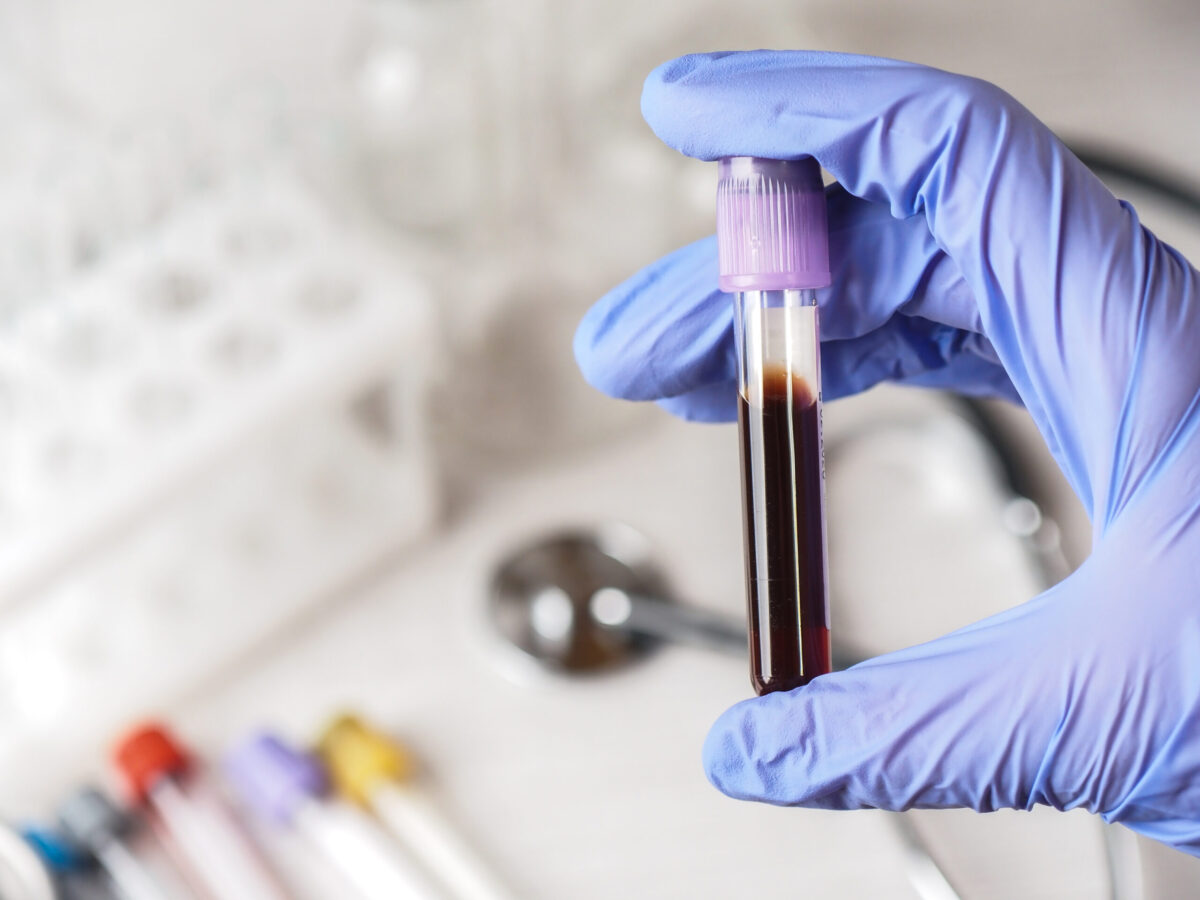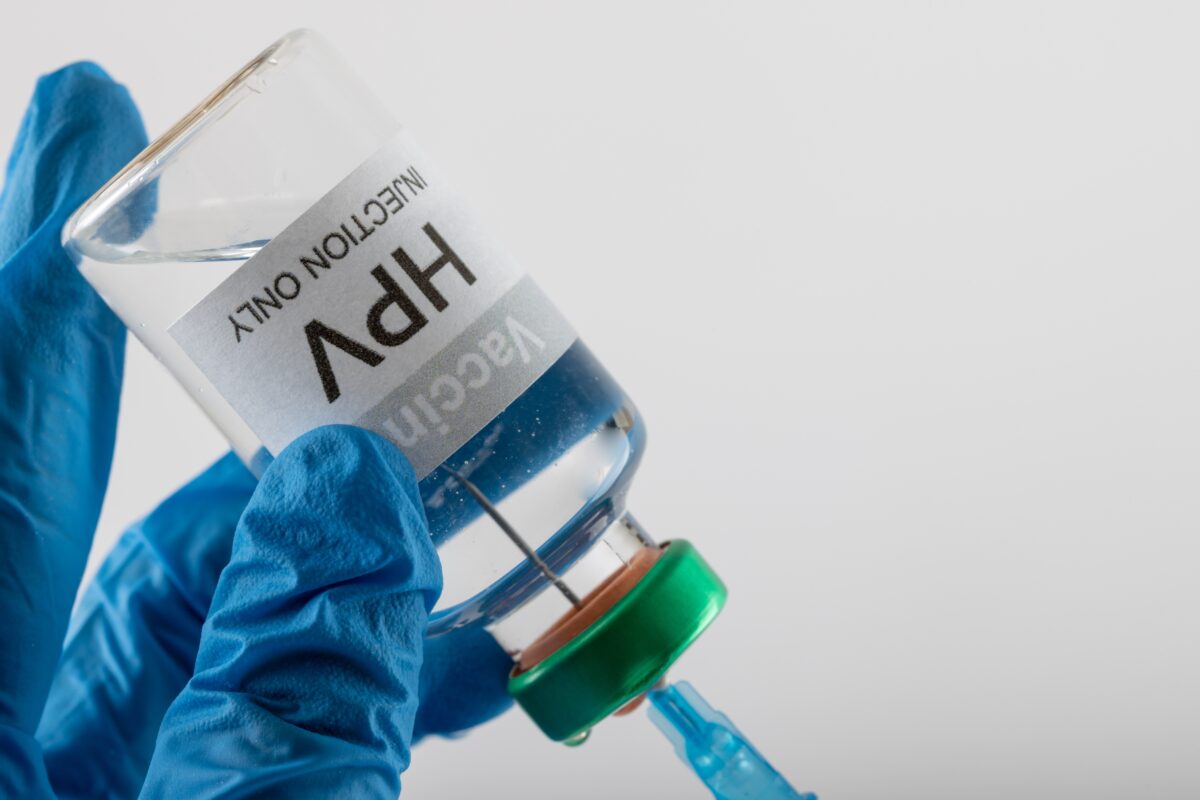UK-based molecular diagnostics start-up company Genedrive PLC has developed a genetic test that can prevent deafness in babies. The molecular rapid genetic point of care test (POCT), known as MT-RNR1 and also as the Genedrive System, screens for a mutation that can induce hearing loss in babies if they are treated with the antibiotic gentamicin.
The test can be administered at any hospital bedside and produces results in about 25 minutes. The Genedrive System is the world’s first genetic swab test technique that replaces conventional genetic testing that can take up to a week for results to be available.
Gentamicin is the preferred first-line treatment for newborns with bacterial infections such as sepsis and is given within 60 minutes to patients admitted to intensive care. However, for those who have inherited the genetic variant m.1555A>G, just a single dose of the aminoglycoside antibiotic can lead to permanent hearing loss.
Approximately one in 500 babies is born with the antibiotic-sensitive genetic variant. In the UK, gentamicin is administered to about 100,000 babies annually, which means almost 200 babies could be saved from hearing loss in England and 14,000 around the world every year.
The test will, therefore, allow clinicians to decide the appropriate treatment based on the presence or absence of the genetic variant. This informed decision-making is a classic example of a pharmacogenomic, precision/targeted and personalized medicine approach to treatment and care.
Related: How Phosphorus’ GeneCompass Preventative Genetic Test Can Help People Manage Their Health
Genedrive’s MT-RNR1 ID test is being rolled out across three neonatal intensive care units (NICU) that are part of the Manchester University NHS Foundation Trust (MFT), making them the first in the world to use the device in a clinical setting. More rollouts across MFT will follow shortly.
The introduction of the test in the NICUs comes after a successful performance trial of the technology, as part of the Pharmacogenetics to Avoid the Loss of Hearing (PALOH) study, conducted at the NICU at Saint Mary’s Hospital in Manchester. The trial evaluated the device among 751 neonates admitted to the NICU, screening them for the gentamicin-sensitive genetic variant. The genetic screening information was used to guide prescribing decisions.
The MT- RNR1 assay uses buccal (cheek) cells collected with a swab. In pre-clinical validation, the genedrive platform had both an assay sensitivity and specificity of 100 percent. Real-world results from the PALOH trial showed a sensitivity of 100 percent, a specificity of 99.2 percent and an accuracy of 99.2 percent. The trial also demonstrated that the test can detect the presence of the m.1555A>G genetic variant in 26 minutes compared to traditional lab-based testing, which can take several days to obtain results.
Genedrive’s test received backing from the UK National Institute of Clinical Excellence (NICE), which gave the hearing loss test a new Medtech Innovation Briefing (MIB).
In a press release, Genedrive said MIBs are designed to support National Health Service (NHS), social care commissioners and staff who are considering using new medical devices and other medical or diagnostic technologies. The company said the briefing was an important step to help increase awareness about the new device with the NHS to ultimately support its adoption in the UK.












Join or login to leave a comment
JOIN LOGIN